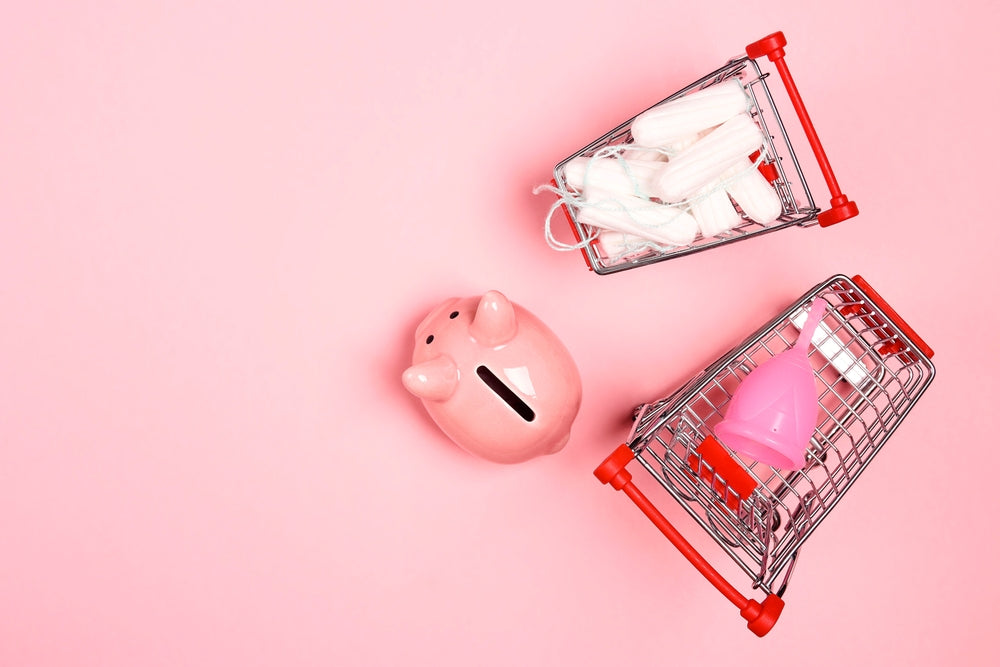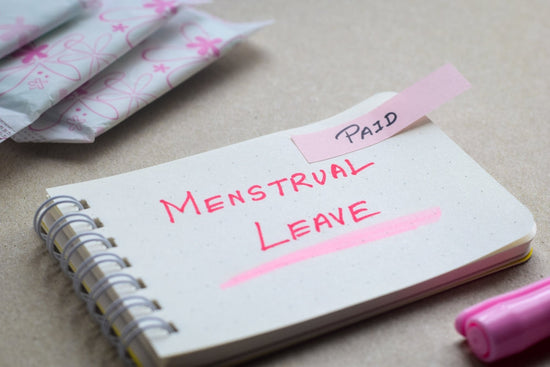Menstruating women have their period around 500 times in their entire lives. Most people have to use disposable tampons and sanitary pads to collect the blood. Aside from the health risks that this poses, products like these also have to be paid for out of pocket every month. Menstruation not only costs us nerves, but also a lot of money. Although the VAT on these products has fallen in Germany since 2020, these “everyday products” are still taxed. What about the so-called “Tampon tax” In this blog post you will find out what this means in other EU countries and what has happened in this regard in recent years.
Sales tax: When is it 7 percent sales tax and when is it 19 percent?
Both goods and services must be taxed in Germany, among other countries. A distinction is also made as to whether the regular tax rate of 19 percent or the reduced tax rate of 7 percent applies. You can remember the following:
19% VAT pursuant to Section 12 Para. 1 UStG applies to everything that is not subject to the reduced tax rate or is not exempt from VAT.
7% VAT according to Section 12 Para. 2 UStG applies, for example, to local public transport, food or books.
Find the right Taynie for you.Discover our diversity!
How are menstrual products taxed?
Now we have already clarified how high the sales tax can be in Germany. But you may now be wondering what the situation is with period products. After all, they are part of everyday life just like food and should therefore be taxed at 7%, right? Yes, it is true that menstrual products in Germany are subject to 7% sales tax. But that has not always been the case, but only since January 1st, 2020. That day marked the end of the so-called “Luxury tax” for menstrual hygiene products. Previously, the regular 19% VAT applied to period products. In order to implement the tax reduction on menstrual products, two petitions were necessary in Germany, to which around 300,000 people signed. One petition was entitled "Periods are not a luxury!".
There is, however, a catch: Panty liners , which are often used during menstruation, are still sold with 19% VAT. The reason for this? Panty liners are not an exclusively period product, as they can be used for all types of discharge.
In which countries are tampons and sanitary pads tax-free?
Are there actually countries where period products such as sanitary pads and tampons are tax-free? Yes, among other things, this is the case in India , Kenya and Canada the case. In EU countries, period products continue to incur costs including VAT.
Tax rate for period products in Europe
Legally, a Minimum tax rate of 5% on menstrual hygiene products. Any desired change to the law must first be proposed by the European Commission and then all EU member states must support the proposal.
The only exception within the EU is Ireland The country is exempt from the “tampon tax” because this was already stated before the EU regulation.
Tax cuts have also been an issue in other EU countries for years. In France and Spain, for example, the tax rate was also reduced after various protests: in France it is 5.5% and in Spain 4%, instead of the previous 10%.
Other EU countries also differ considerably when it comes to VAT on period products. Would you have thought that the tax rate for menstrual products in Italy is 22%? In Austria it is currently 10%, as is Slovakia. The EU countries with the lowest tax rates on menstrual products include Luxembourg (3%), Cyprus (5%), Poland (5%) and Malta (5%).
In which country are sanitary pads and tampons free?
You may not be able to imagine that there are free period products anywhere in the world. In fact, since 2007, 2022 in Scotland It is regulated by law that educational institutions and municipal facilities are obliged to provide menstrual products free of charge. This makes Scotland the first country with such a law and sends a clear message: period poverty and the problem of menstruating women having to spend a lot of money on the menstrual products they need should no longer exist.
What is period poverty?
Maybe you are just about the word “ Period poverty ” and wondered what it actually meant. 'Period poverty' or 'Period Poverty' means that People do not have adequate access to menstrual products due to financial constraints. This can lead to those affected not being able to manage their menstruation hygienically and safely. In countries with high levels of poverty, it is then common for menstruating women to use unhygienic alternatives. Due to period poverty, many people forego appropriate period products or even accept transactional sex in order to be able to afford period products.
But that's not all: In addition to the money for period products, period poverty is also caused by the fact that there is not enough education about menstruation. Menstruation, which is something so natural, remains a very shameful topic. You can find more information about period poverty in our Blog post in addition.





